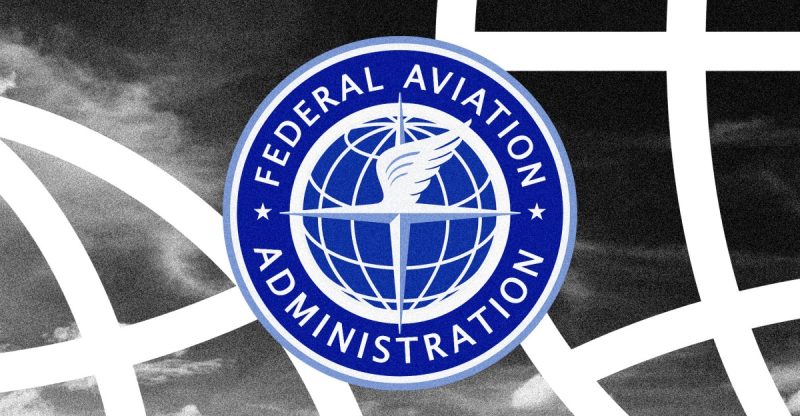
The Federal Aviation Administration (FAA) recently implemented a new process designed to shield private jet owners from having their registration details publicly available. This move comes in response to concerns about online trackers who publicize the travel plans of celebrities. However, one prominent jet tracker, Jack Sweeney, known for his accounts monitoring the flights of high-profile individuals like Elon Musk and Taylor Swift, isn’t convinced the new rules will be effective.
Sweeney, in a statement to The Verge, argues that identifying aircraft ownership often involves more than simply accessing the FAA database. He and other trackers frequently utilize media reports and other public sources to connect planes to their owners. This suggests the FAA’s efforts to restrict access to registration data might not significantly hinder their activities.
Even if trackers primarily relied on the FAA database, Sweeney raises doubts about the rule’s comprehensive application. He points out that many private jet owners register their aircraft through trusts or other entities, potentially circumventing the new privacy protections. However, the FAA has clarified that the ‘personally identifiable information’ they aim to protect includes both individuals and entities such as trusts and LLCs.
The FAA’s new process is a direct result of the FAA Reauthorization Act of 2024. This legislation was passed to address privacy concerns sparked by celebrity jet-tracking accounts, including Sweeney’s ElonJet, which was banned by Twitter in 2022 and subsequently by Meta on Threads and Instagram. This highlights the ongoing tension between public access to information and the privacy rights of high-profile individuals.
The effectiveness of the FAA’s initiative remains to be seen. While it aims to enhance the privacy of private jet owners, the resourceful methods employed by jet trackers suggest the challenge of completely silencing online flight monitoring might be a significant one. The situation underscores a broader debate concerning data privacy, public figures, and the limits of online surveillance.










